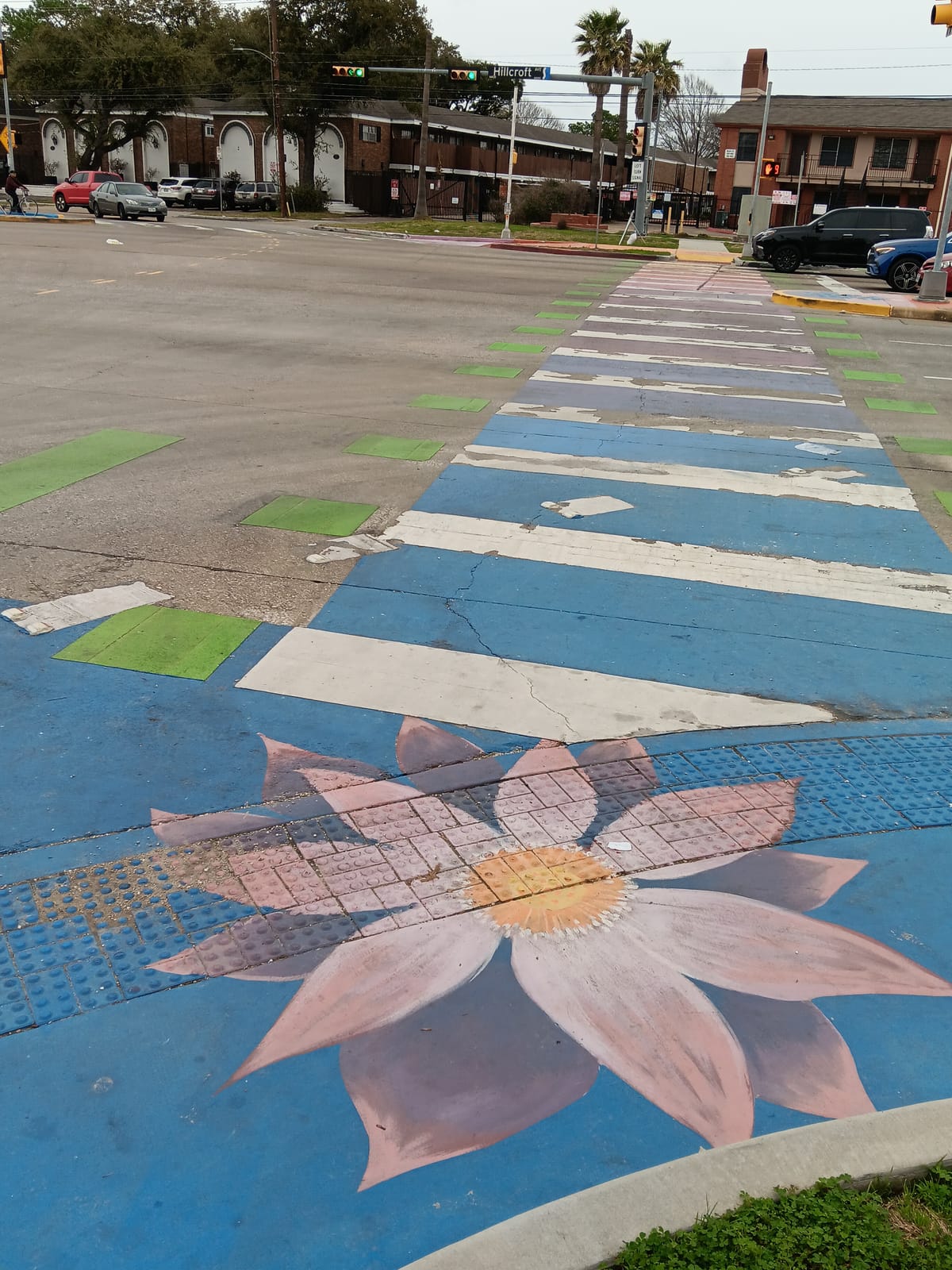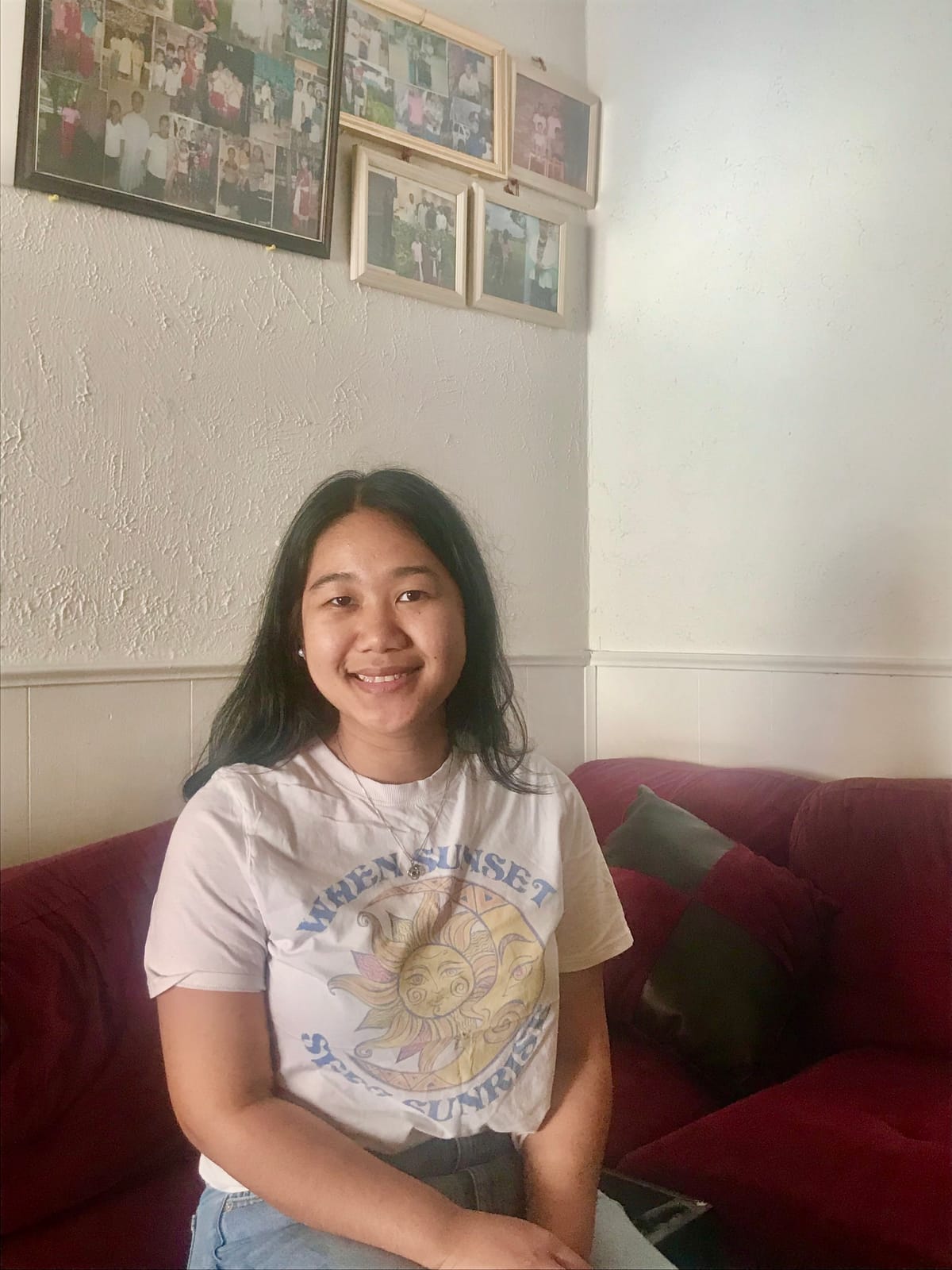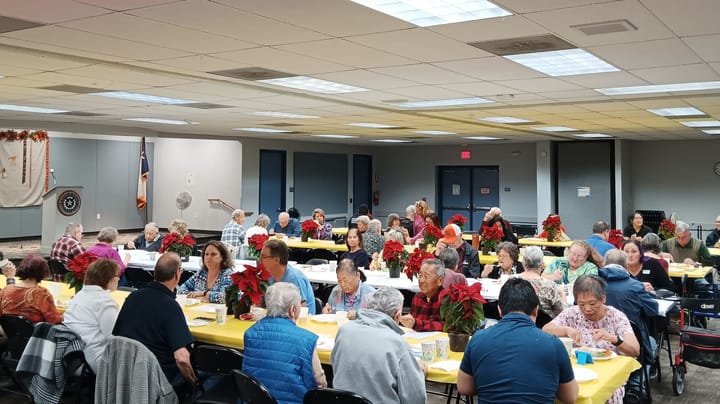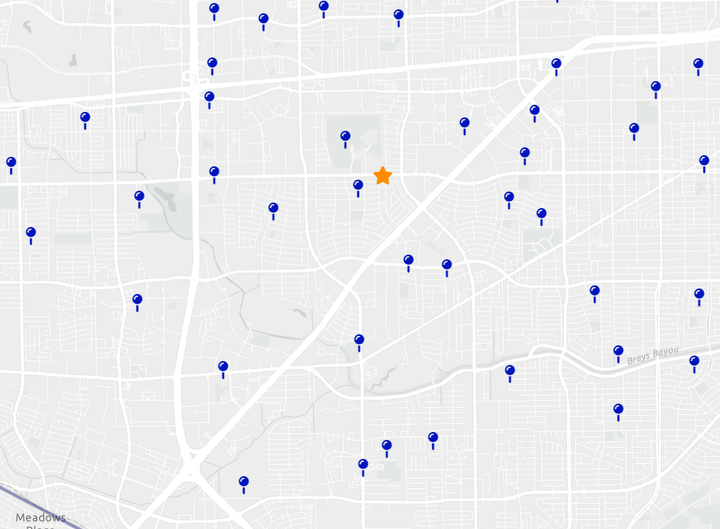6 Ways to Be a Neighbor to Refugees in Southwest Houston

Driving through Sharpstown down Bellaire Boulevard, you’ll find countless signs for halal grocery stores, Thai teahouses, Mexican taquerias, and restaurants serving Malaysian, Ethiopian, Pakistani, or Cuban food. Many are drawn to Houston for its diversity, but Sharpstown is truly unique—a microcosm of the kaleidoscope of cultures in the Greater Houston area.
Today, refugees and immigrants are often treated as little more than a political topic, yet thousands have been coming to Houston for years. Houstonia claimed back in 2016 that if Houston were a country, it would be ranked as fourth in the world for refugee resettlement.
And where do most of these refugees live? Right here in Southwest Houston.
The Sharpstown area houses some of the largest communities of refugees in Houston, with more people coming every year from the Middle East, Southeast Asia, Africa, and Latin America. And it doesn’t look like the number of refugees entering the community will be slowing down anytime soon.
For Fiscal Year 2024, President Biden has signed the Presidential Determination on Refugee Admissions stating that the United States will admit up to 125,000 refugees into the country. That number has been the same for the past two years, and it is unlikely to change drastically in the near future.
While most refugees hope to one day return to their home countries, the reality is that the majority will remain here for the rest of their lives.
Since 1980, the United States has received about 3.2 million refugees. According to the United Nations Refugee Agency (UNHCR), only a little over 25,000 refugees have returned home after resettlement in the United States. That’s less than 1%.
Refugees have been forced to flee their homes due to violence, persecution, or war with little hope of ever returning to their country or seeing their extended family or friends again.
Many refugees will not be temporary Sharpstown residents, but rather life-long neighbors who need community, friendship, and support as they adjust to living in a new country and a different culture.
Several Houston organizations are already working to help local refugees, and many have opportunities for volunteers. If you want to get involved, here’s an overview of some ways that you can be a neighbor and friend to refugees in Southwest Houston.
- Sponsor a Refugee Family
Want to be the first friendly face a refugee sees when they step off the plane in Houston? If you have a heart for hospitality, you could sponsor a refugee family as you welcome them to their new home in Sharpstown.
- Houston Welcomes Refugees (HWR), a non-profit established in 2016 to bring hope to refugees resettled in Houston, has several ways that volunteers can be a part of welcoming refugees:
- Build welcome kits that provide essentials for a refugee family settling in their new apartment for the first time.
- Help transform refugee apartments into homes by unpacking welcome kits, providing meals and groceries, and writing encouraging notes as part of a move-in team.
- Serve on a welcome team and be a friend to one family for 4-6 months as they transition to life in Southwest Houston.
Interested individuals can RSVP for HWR’s next volunteer training.
- Interfaith Ministries, a nonprofit serving refugees, gives you the chance to partner with a family and help them through each step of the six-month resettlement process. For more information, contact Director of Refugee Services, Ali Al Sudani.
- Help Children & Adults Learn English
Resources are limited for refugees in many ways, but especially when it comes to education. For refugee children, the struggle to be on the same academic level as their classmates can feel like an insurmountable challenge. And their parents can feel helpless as they struggle to navigate life in America without a way to communicate. ESL (English as a Second Language) classes support them in overcoming this challenge:
- Prestige Learning Institute, a Sharpstown nonprofit, has served over 1,000 refugee families from 55 countries, according to its website. PLI offers a K-6 After-School Club that focuses on character and reading development and ESL classes for women and men. For more information, or to volunteer, email volunteer@prestigeinstitute.org.
- Bilingual Education Institute, in nearby Mid-West, provides free English classes to eligible refugees and asylees. Anyone interested in becoming an ESL teacher can fill out a volunteer application.
- Mentor Students & Young Adults
Do you love kids and young adults and want to help them succeed? It can be encouraging when a mentor cares enough to guide them and see them thrive in a new country. There are several organizations that offer mentoring programs for young refugees:
- PAIR Houston, in nearby Mid-West, exists to equip young refugees culturally and academically to become leaders in their communities through mentorship. They have a range of opportunities for volunteers, from helping middle schoolers with homework to preparing high schoolers for college. You can find more information about volunteering here.
- YMCA International Services matches mentors with refugee youth to assist them in their vocational, education, and social goals. Mentors can do it all from home. Contact program director Susie Ventura at Susana.Ventura@ymcahouston.org for more information.
- Ride Your Bike through Sharpstown & Gulfton
You may be wondering how riding your bike can help refugees. Ride with Refugees has the answer. Their mission is to raise awareness about refugee resettlement as they engage the wider Houston community and assist refugee women through mobility on bikes. The 7-mile community bike ride takes place once a year in the fall.
- Donate Clothing & School Supplies
Clothed by Faith accepts gently used or new clothing and shoes. The organization’s mission is to provide a week’s worth of clothing to refugees and others in need. The closest donation bin is at Grace Presbyterian Church, just north of Westchase.
Or maybe you bought more school supplies than your children need. Prestige Learning Institute and Interfaith Ministries accept school supplies to pass them on to refugee children.
- Purchase Fresh Produce
Many refugees come from agricultural backgrounds and countries where farming is a thriving industry. For over ten years, Plant It Forward (PIF) has provided opportunities for refugees to use their agricultural skills and start farms right in Southwest Houston.
Not only does this initiative provide jobs, but a few PIF farmers have been able to become homeowners and complete high school and post-secondary degrees because of their agricultural success, according to PIF’s website.
Their produce is sold at various farmers markets across the city, and people can also purchase a farm share which can be picked up in various neighborhood drop-offs or home-delivered to certain ZIP codes. By raising fresh produce in the center of the city, PIF seeks to provide sustainable jobs for refugees through sustainable farming.
If you’re curious what it’s like to live as a refugee, click here to read about a young woman’s journey from a refugee camp in Thailand to Sharpstown, where she has now lived for over ten years.




Comments ()